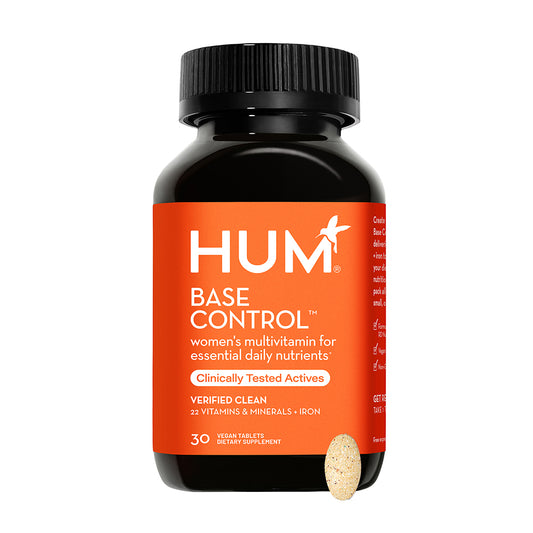Declining hormone levels are the reason for the symptoms associated with perimenopause and menopause. But let’s go back a few steps. What exactly are hormones and why do we have them? To better understand what’s happening during this time of hormonal changes, it may help to understand the different types of hormones.
Different types of hormones
Hormones are natural chemicals produced in the body, released into the bloodstream, and then used by other organs and systems. Many different tissues and organs can make hormones. As you may already know from experience, hormones are powerful. It only takes a small amount to cause big changes in your cells or even your whole body.
There are different types of hormones, but the ones most closely related to perimenopause and menopause are the reproductive hormones estrogen and progesterone, and to a lesser degree, testosterone.
Other examples of hormones you may have heard of are cortisol (stress hormone), epinephrine and norepinephrine (play a part in your fight-or-flight response), melatonin (regulates sleep-wake cycles), and insulin (helps sugar enter cells to be used as energy).
Why do we have hormones?
Hormones are chemical messengers and provide communication between cells and between cells and tissues in the body. They affect many different processes in the body including:
- Growth and development
- Metabolism – how your body gets energy from the food it eats
- Sexual function
- Reproduction and reproductive growth
- Mood
Curious about the connection between hormones and menopause? Check out our article Hormones and Menopause – What's the Connection?



